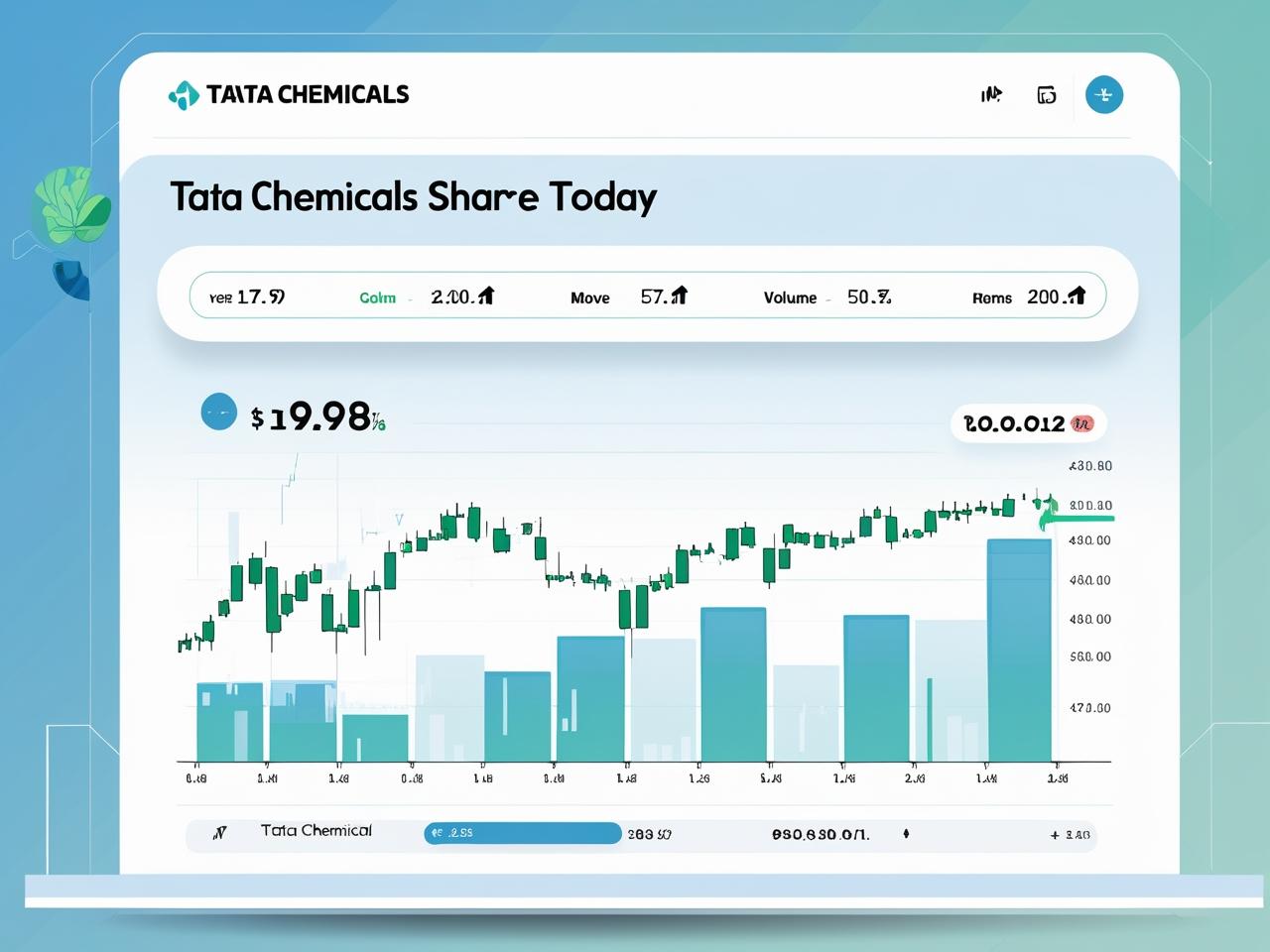Introduction
India’s largest IT services firm, Tata Consultancy Services (TCS), has recently introduced a new bench policy that has caused a significant stir across the industry. Effective June 12, 2025, this updated deployment model mandates a maximum of 35 bench days annually for employees without active projects and insists on 225 billable days per year. While TCS terms the policy a move toward improving operational efficiency and ensuring higher utilization, employees have raised multiple concerns — from job insecurity to mental stress and forced redeployments.
This new framework, although aligned with broader industry shifts, is being heavily criticized by employee rights organizations, most notably NITES (Nascent Information Technology Employees Senate), which has officially lodged a complaint with the Ministry of Labour. The development sheds light on the growing pressure IT professionals face amid changing market dynamics and automation-driven disruptions.
🏢 About Tata Consultancy Services (TCS)
-
Founded: 1968
-
Headquarters: Mumbai, India
-
Sector: IT Services, Consulting, and Business Solutions
-
Global Reach: Over 46 countries
-
Employee Base: 600,000+
-
CEO: K. Krithivasan
TCS is a flagship entity of the Tata Group and is widely regarded for pioneering the Indian IT revolution. With services spanning cloud, AI, consulting, and enterprise transformation, it remains one of the top global IT firms.
📉 Latest Market Data (As of July 17, 2025)
-
TCS Share Price: ₹3207.70
-
Market Cap: ₹11.6 lakh crore
-
52-Week High / Low: ₹4592.25 / ₹3056.05
-
P/E Ratio: 23.6
-
Utilization Rate: Dropped to 81.5% from 84% YoY
-
Bench Strength: Increased to 4.2% in Q1 FY26
🔍 Bench Policy Highlights
-
⏳ Bench Cap: 35 working days (excluding holidays and leaves) annually
-
🧾 Minimum Billable Days: 225/year
-
💻 Daily Upskilling Requirement: 4–6 hours mandatory learning through platforms like iEvolve, LinkedIn
-
🏢 Workplace Mandate: Bench employees must report to the office; WFH allowed only in exceptional cases
-
🔄 Deployment Flexibility: Employees may be moved across locations or technologies, regardless of prior training
-
❗ Consequences Beyond 35 Days: Career warnings, performance reviews, forced exits, demotion
⚠️ Employee Concerns: What’s Causing the Stir?
❌ 1. Job Insecurity
Employees fear that exceeding the 35-day cap on the bench could directly lead to termination or role downgrade. Although TCS hasn’t confirmed mass layoffs, internal communications indicate that prolonged non-deployment could impact performance evaluations and future appraisals.
❌ 2. Forced Project Assignments
Many employees, including freshers, claim they are being pressured to accept roles not aligned with their skillset or geographical preference. Some report being deployed to unfamiliar technologies or distant locations without adequate transition time.
❌ 3. Coercion & Threats
The IT union NITES alleges that employees are facing verbal threats such as denial of experience letters, pressure to resign, or even refunding training costs. While unverified, these claims are gathering momentum and causing unrest among the tech workforce.
❌ 4. Upskilling Pressure
The mandate of 4–6 hours of learning daily while on the bench is viewed by many as overbearing, especially when combined with the office attendance rule. Employees argue this makes bench time more stressful than active deployment.
❌ 5. Mental Health Impact
The atmosphere of constant surveillance, rapid reassignment, and unclear job continuity is triggering psychological stress, burnout, and anxiety, particularly among entry-level employees and returnees from maternity or sick leave.
🗣️ What TCS Management Says
-
CEO K. Krithivasan defended the move by stating that TCS always expected employees to be proactive about finding projects and staying billable.
-
The updated framework simply formalizes an existing expectation, now providing clear metrics and rules.
-
TCS claims to be investing in extensive training programs and skilling initiatives to ensure smooth transitions.
📢 NITES Union Response
-
NITES has filed a formal complaint with the Ministry of Labour, alleging that TCS’s new policy is “exploitative, coercive, and a violation of workers’ rights.”
-
The union demands that:
-
The 35-day rule be suspended
-
TCS provide clarity and transparency around deployment decisions
-
Protections be ensured for maternity returnees and employees with medical cases
-
-
NITES is urging employees to come forward with documentation and complaints confidentially.
🧠 Industry-Wide Trends
TCS is not alone in tightening deployment timelines:
-
Infosys, Wipro, and HCLTech are reportedly enforcing bench caps between 30–45 days.
-
With increased automation (especially GenAI), companies are reducing unbillable staff and emphasizing high utilization rates.
-
The average bench strength across Tier-1 IT firms has reduced from 8–10% to just 2–5% in 2025.
This reflects a shift toward leaner, AI-integrated, and performance-driven IT operations in the face of margin pressures and global competition.
📈 Impact on TCS Share Price & Market Sentiment
-
Investors have responded cautiously positive, seeing the policy as a cost-efficiency booster.
-
Share prices rose 1.2% post-policy announcement as analysts see better resource optimization.
-
However, long-term risks include:
-
Employee dissatisfaction leading to attrition
-
Negative employer branding
-
Regulatory intervention, if labour rights violations are proven
-
✅ Recommendations for Employees
✔️ Proactively monitor RMG opportunities (Resource Management Group) and communicate with managers.
✔️ Invest in future-ready skills: AI, Cloud, DevOps, Cybersecurity, and Low-Code platforms.
✔️ Maintain documentation of deployment interactions, especially in case of coercion.
✔️ Use official HR escalation channels for any unfair practices.
✔️ Join or support platforms like NITES for collective bargaining and rights awareness.
📌 Final Words
TCS’s new bench policy underscores the changing dynamics of the Indian IT services industry — one that is becoming more agile, automated, and utilization-driven. While the company defends it as a much-needed move toward performance-based resource management, the implementation style and its human impact remain deeply contested.
For employees, this is a critical time to stay adaptable, upskill continuously, and advocate for fair practices. As automation and efficiency take center stage, employee well-being and transparent communication must not be left behind.

📉 Stock Market Disclaimer
Disclaimer: This post is for informational and educational purposes only and does not constitute financial advice or a recommendation to buy/sell any stock or share. Investing in the stock market involves risk. Past performance is not indicative of future results. Always conduct your own research or consult a licensed financial advisor before making investment decisions.




